Hiroshima: Year-Round Weather and What to Wear

The weather and temperature are usually the main concerns before a trip. This article introduces the climate of Hiroshima, a sightseeing destination in western Japan, and what to wear depending on the month you're traveling.
The Climate and Weather in Hiroshima
Hiroshima is located in western Japan. Many visitors include destinations such as the A-Bomb Dome and Itsukushima Shrine in their itineraries.
The local climate is one of the concerns during a trip. This article describes the weather and clothing in Hiroshima by season based on data from last year.
Hiroshima Weather Conditions
1. Temperature: Highs, Lows, and Average
2. From January to March: Be Prepared for the Cold and Snow
3. From April to June: Cherry Blossoms and Lush Vegetation
4. From July to September: The Hot Summer
5. From October to December: Autumn Leaves
6. FAQs
Read also
Temperature: Highs, Lows, and Average
The four seasons in Japan are distinctively different. Compared to Tokyo, there are more sunny days in Hiroshima. While the climate is moderate, the temperature difference between August and January tends to be more than 20 degrees Celsius, so it would be wise to dress accordingly.
August is the hottest month. Since precipitation is also high, lightweight clothing with some rain gear is recommended.
January is the coldest month. The average low temperature drops to 2.8 degrees Celsius, with occasional snowfall. Heavy winter clothing and shoes that are easy to walk in, even when it's snowing, are the way to go.
The following is the month-by-month temperature and recommended clothing in Hiroshima.
From January to March: Be Prepared for the Cold and Snow
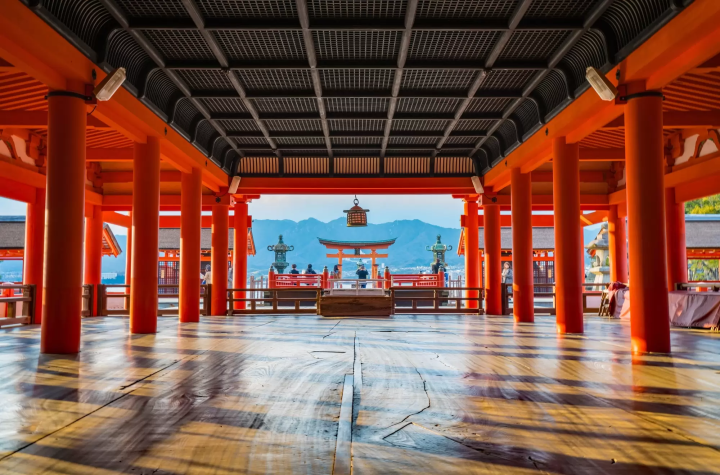
Photo by Pixta
This is the coldest season, especially in January when the average temperature does not reach 10 degrees Celsius. It can sometimes drop below the freezing point. Coats and jackets that fit the heavy winter climate will be necessary.
There will also be snowfall, so high-heeled shoes are not recommended.
January: High (average) 10.6 degrees Celsius / Low (average) 2 degrees Celsius
This is the coldest month of the year in Hiroshima. With occasional snowfall, shoes that are easy to walk in and heavy winter wear will be required. Also, be sure to moisturize to prevent dry skin and throat.
February: High (average) 11.6 degrees Celsius/Low (average) 3.1 degrees Celsius
Not much different from January. Along with coats and jackets, gloves and scarves will also be needed.
March: High (average) 17.9 degrees Celsius / Low (average) 8 degrees Celsius
The cold weather will slowly retreat from here, replaced by the warm spring climate. Cherry blossoms will appear in late March.
From April to June: Cherry Blossoms and Lush Vegetation

Photo by Pixta
The average temperature in April will exceed 20 degrees Celsius. Cherry trees are in full bloom in early April, making it the best time to enjoy the seasonal flowers.
The climate becomes moderate in May, and the trees will be decorated with fresh green leaves.
With the temperatures rising in June along with the arrival of the rainy season, it would be wise to bring rain gear.
April: High (average) 20.5 degrees Celsius / Low (average) 11.2 degrees Celsius
Early April is the time to view the cherry blossoms. While it may be warm during the day, the temperature will still be low in the morning and evening. A long-sleeved shirt with a jacket would be the recommended clothing.
May: High (average) 24.6 degrees Celsius / Low (average) 15.9 degrees Celsius
The climate will become warmer in May. With the moderate temperature and humidity, it is the best time to visit Hiroshima. A long-sleeved shirt should be enough during the day, and a light jacket should be worn in the morning and evening.
June: High (average) 27.1 degrees Celsius / Low (average) 20.2 degrees Celsius
The low average temperature will exceed 20 degrees Celsius in June. Some days will even feel like summer has arrived.
Rain gear will be required with the start of the rainy season. Inexpensive collapsible umbrellas are sold at convenience stores in Japan, so it might be good to purchase such items.
The humidity will also be high, so a short-sleeved shirt or a polo shirt will come in handy, along with a cardigan or parka to ward off the cold.
From July to September: The Sweltering Summer
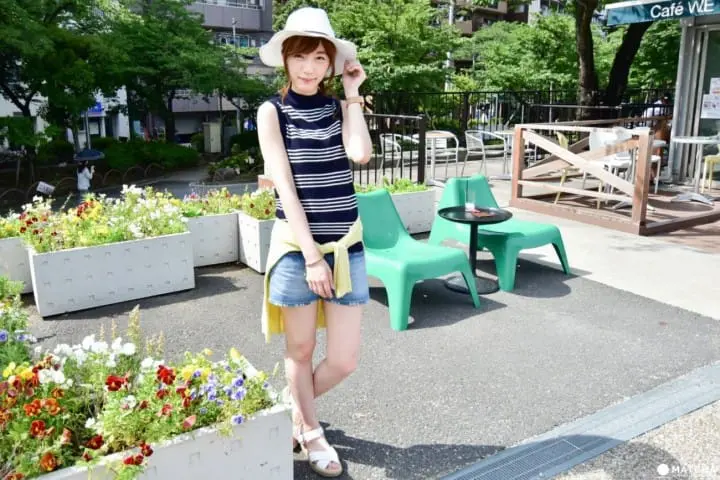
The rainy season ends in mid-July, which is also the start of summer. Most days, the temperature will exceed 30 degrees Celsius, so dress lightly.
August is the hottest month in Hiroshima. It is hotter than Tokyo, with more sweltering days when the temperatures rise above 35 degrees Celsius. Don't forget to stay hydrated!
While the heat will linger until early September, the temperature will drop gradually. A jacket will come in handy in late September since it will be much cooler.
July: High (average) 31.5 degrees Celsius / Low (average) 25 degrees Celsius
The end of the rainy season means the beginning of summer. Since the average high temperature will be about 30 degrees Celsius, short-sleeved T-shirts, polo shirts, short pants, and mini skirts are the recommended clothing.
Also, wear a hat since the sunlight will be stronger.
August: High (average) 34.3 degrees Celsius / Low (average) 26.9 degrees Celsius
This is the hottest month, so dress lightly, just like in July. Extremely hot days, with temperatures exceeding 35 degrees Celsius, will occur frequently. Keep yourself hydrated while sightseeing to avoid heatstroke.
September: High (average) 34.1 degrees Celsius / Low (average) 24 degrees Celsius
A short-sleeved shirt is recommended since the temperature will remain high during the day. It will be cooler later in the month, especially in the mornings and evenings, so a thin cardigan will be handy.
From October to December: Autumn Foliage
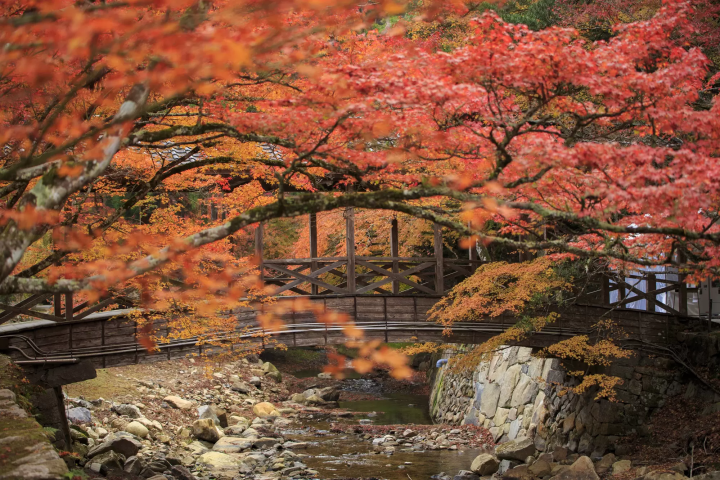
Photo by Pixta
The temperature and humidity in October are moderate, creating a comfortable climate. Autumn leaves will appear from late October to November.
December marks the start of winter, and the average low temperature drops below 10 degrees Celsius. It is the season to wear heavy coats.
October: High (average) 24.4 degrees Celsius / Low (average) 14.5 degrees Celsius
Similar to May, the moderate climate in October makes it the best time to visit Hiroshima.
A long-sleeved shirt and a light cardigan or jacket should be adequate during the day.
Autumn leaves will appear in late October, fascinating tourists with the natural marvels.
Visitors should not miss the various spots to view the foliage, such as Fudoin Temple in Hiroshima City and Buttsuji Temple in Mihara City, located to the east.
Miyajima Island, home to Itsukushima Shrine, is another famous spot to enjoy the foliage.
Read also
November: High (average) 19 degrees Celsius / Low (average) 9.7 degrees Celsius
The high average temperature drops below 20 degrees Celsius in November. Visitors will need jackets, sweaters, and, on a cold day, coats as well.
December: High (average) 12.8 degrees Celsius / Low (average) 4.7 degrees Celsius
This is the start of winter, with the low average temperature dropping below 10 degrees Celsius. Knit caps and scarves, as well as coats and down jackets, will also be required.
FAQs
What are the strongest spiritual spots in Hiroshima?
- Itsukushima Shrine
- Mt. Misen
- Sensui Island
- Daisho-in Temple
- Sanzo Inari Shrine
- Taishakukyo Gorge
- Senkoji Temple
What are some must-eat dishes in Hiroshima?
Don't miss the unique local cuisines, such as okonomiyaki, anago (conger eel)-meshi, JMSDF (Japan Maritime Self Defense Force) Kure curry, horumon (innards) tempura, and Onomichi ramen.
Wear the Right Clothes to Enjoy Sightseeing in Hiroshima!

Photo by Pixta
The scenery in Japan changes by the season. Visitors can dress accordingly by being well-informed. The summer heat in Hiroshima is harsher than in Tokyo, so it pays to obtain the right knowledge.
Use this article as a guide and enjoy your trip to Hiroshima.
Read also
Main image by Pixta


















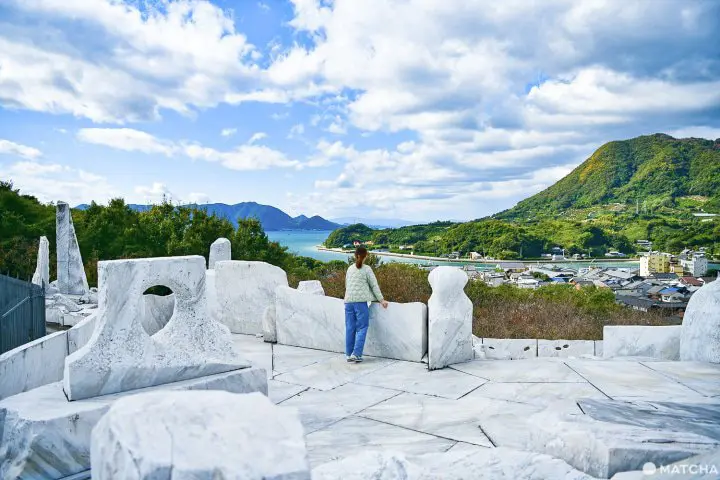





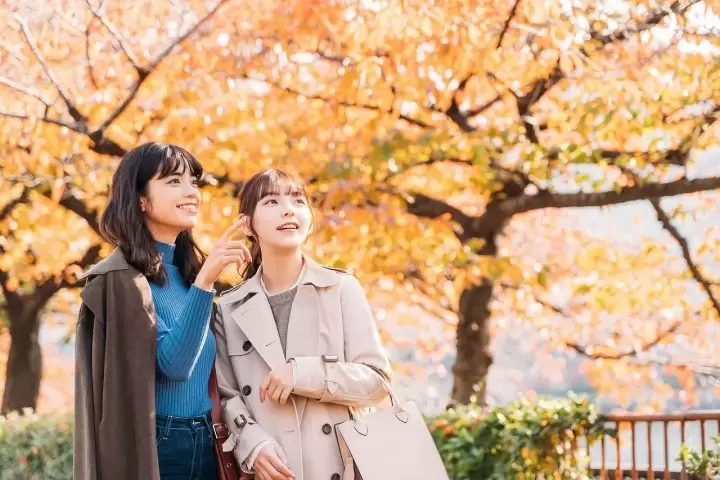



















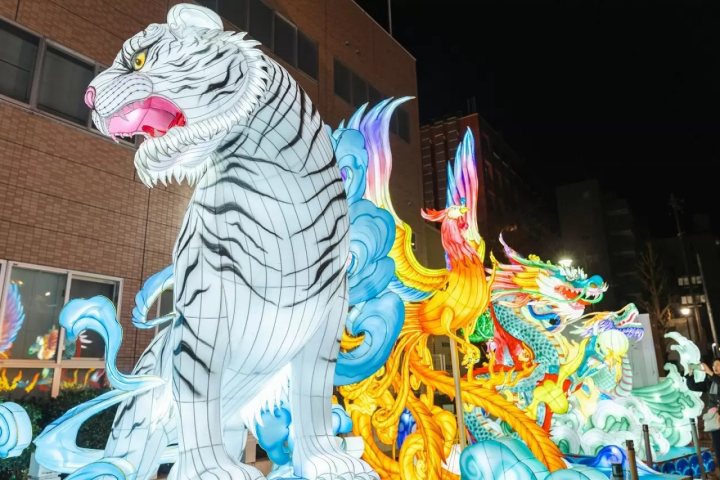
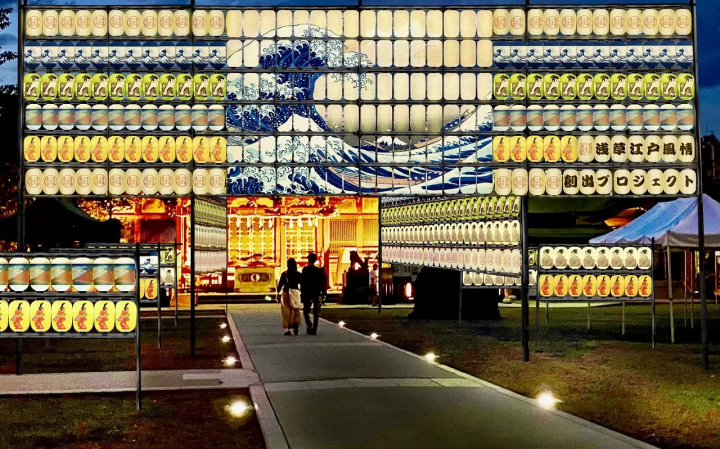


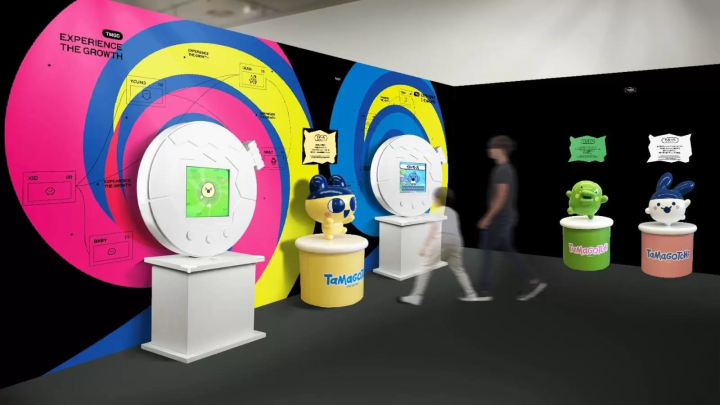




![[2026 Update] How to Purchase Tickets at Namba OCAT! Including Fares to Kansai Airport and Itami Airport](https://resources.matcha-jp.com/resize/720x2000/2025/05/28-234765.webp)
![[Nara] Explore the World Heritage Sites of Nara! Recommended tours of Nara including Heijo-kyo ruins, Toshodaiji Temple, and Yakushiji Temple](https://resources.matcha-jp.com/resize/720x2000/2024/06/24-184860.webp)
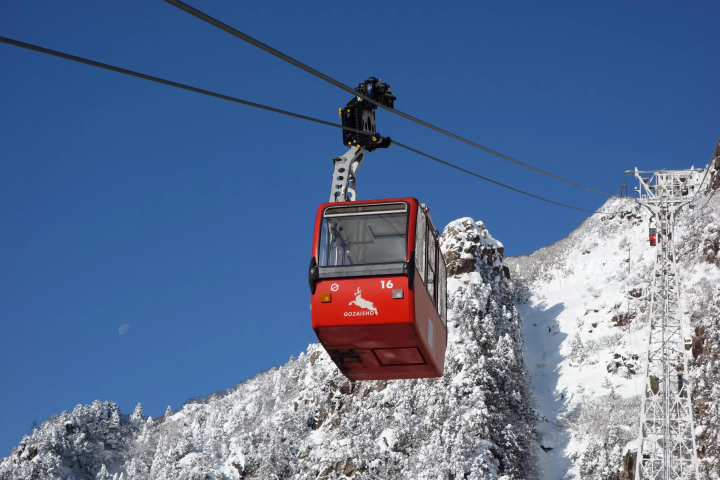
![[Kochi Prefecture, Western Otsuki Town] The most powerful spot in Western Kochi Prefecture! Tsukiyama Shrine, where Tsukiyama also practiced.](https://resources.matcha-jp.com/resize/720x2000/2026/02/02-257339.webp)
![[Updated for 2026] From JR Namba Station to OCAT! A thorough explanation of the fastest and easiest way](https://resources.matcha-jp.com/resize/720x2000/2025/05/28-234756.webp)